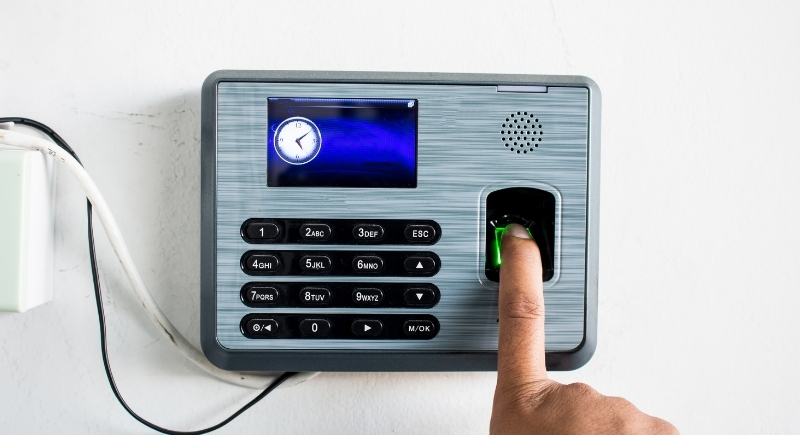10 Boomer Workplace Rules Gen Z Is Actively Rejecting
The workplace has lost much of its old formality, and much of that change has been pushed by Gen Z. They question old routines, value balance over strict structure, and focus on results instead of appearances. Their approach is reshaping professional life and setting new standards for how work should feel and function.
Mandatory Office Attendance

Credit: Getty Images
Gen Z has proved that productivity isn’t tied to a desk. With digital tools making collaboration seamless, they prefer flexible setups that blend home and office work. Success today is measured by outcomes, not by how many hours someone spends under fluorescent lights.
Ignoring Mental Health

Credit: Canva
Workplaces once treated stress as something to power through. Now, open dialogue about burnout, therapy, and boundaries is part of daily culture. MetLife’s 2025 report found that over 40% of Gen Z employees face burnout, yet they’re leading the push for balance.
Formal Dress Codes

Credit: Canva
What used to signal professionalism now often feels outdated. Gen Z favors comfort and individuality over stiff suits and heels. They choose styles that help them think and work freely. As companies loosen dress expectations, confidence grows, and attention turns toward creativity instead of appearances.
Staying in One Job Forever

Credit: Canva
The idea of a lifelong career at one desk is fading. ADP’s 2024 data shows job mobility among young professionals increased tremendously, and that’s because Gen Z moves for growth, pay, and purpose. They view switching roles as a strategy for developing skills that align with a future still in the making.
Following Hierarchies Blindly

Credit: pexels
Boomer workplaces revolved around hierarchy and rank. Gen Z focuses on openness and teamwork instead. They value clear communication, mentorship, and shared input over rigid structures. Gallup reports that companies with flatter hierarchies see innovation climb by 20%.
Lunch in Breakrooms Only

Credit: Getty Images
Eating at one’s desk has become normal for Gen Z workers. They see it as efficient, not disrespectful. A quick sandwich beside a laptop saves time and keeps momentum going. To Gen Z, productivity is about practical habits that keep the workday moving smoothly.
Being Available 24/7

Credit: Canva
Gen Z views constant availability as unhealthy and unproductive. They sign off after work, silence notifications, and protect their time to stay focused and energized. For many Boomers, that habit can look like a lack of commitment, but it’s actually a smarter way to prevent burnout and sustain performance.
Pretending To Enjoy Every Task

Credit: Canva
Instead of hiding frustration, Gen Z finds smarter fixes. They automate repetitive chores, refine systems, and push for efficient tech. Their blunt efficiency may surprise traditional managers, but it’s transforming offices into faster, more practical environments. The result is fewer wasted hours and workflows that make room for real creativity.
Avoiding Workplace Accommodations

Credit: Getty Images
Silence about discomfort is no longer common. Gen Z has helped normalize talking about what makes work more manageable, such as better chairs, softer lighting, or quick breaks. While comfort matters to all age groups, younger employees are more likely to openly ask for it.
Treating Work Like Family

Credit: Getty Images
Offices that blur personal and professional lines no longer appeal to younger workers. LinkedIn data shows 60% of Gen Z prefer relationships that stay friendly but focused. They collaborate, celebrate wins, and then step back. Clear boundaries protect both energy and respect, keeping teams grounded and steady.